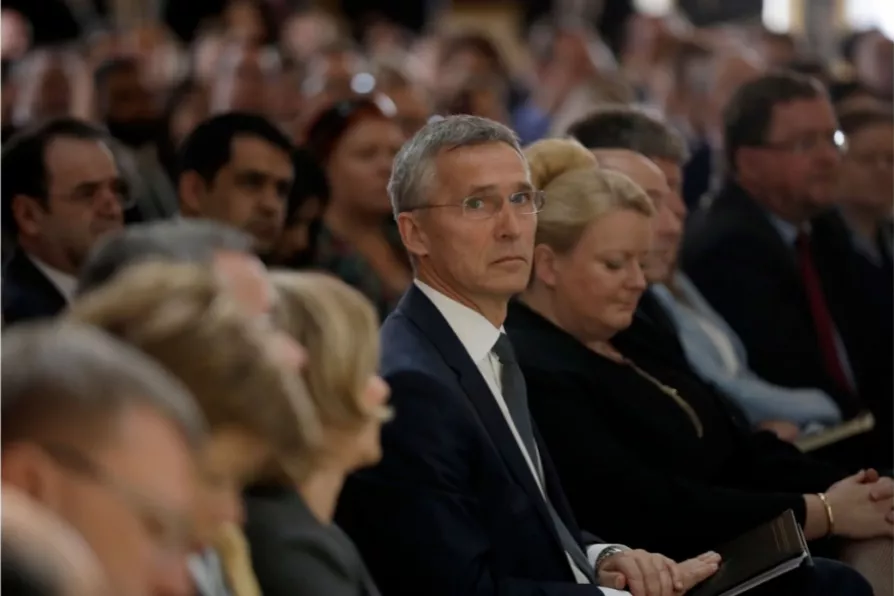
 Man of sorrows: Nato secretary-general Jens Stoltenberg
Man of sorrows: Nato secretary-general Jens Stoltenberg
SPARE a thought this weekend for Nato secretary-general Jens Stoltenberg. He spent almost 10 years as Norway’s prime minister slashing and privatising his country’s once prized welfare state.
On his watch, Norway’s military spending rose to become one of the highest per head in the whole of Nato, although he failed in his wish to take Norway into the EU.
This was all a far cry from his earlier years in the self-styled Marxist-Leninist Red Youth group, before finding a new home on the right wing of the Norwegian Labour Party.

Western nations’ increasingly aggressive stance is not prompted by any increase in security threats against these countries — rather, it is caused by a desire to bring about regime changes against governments that pose a threat to the hegemony of imperialism, writes PRABHAT PATNAIK

In an address to the Communist Party’s executive at the weekend international secretary KEVAN NELSON explained why the communists’ watchwords must be Jobs not Bombs and Welfare not Warfare

As US hegemony crumbles and Trump becomes ever more unpredictable, European powers cling to the pact’s militarist agenda in a bid to disguise their own increasing irrelevance, writes CHRIS NINEHAM










